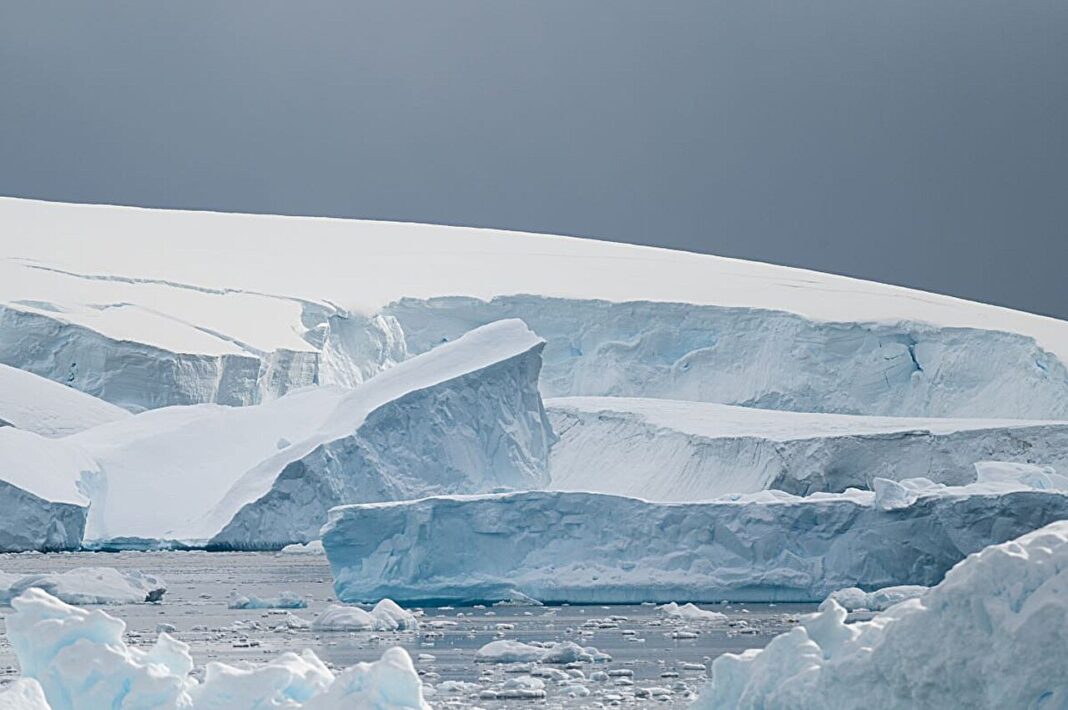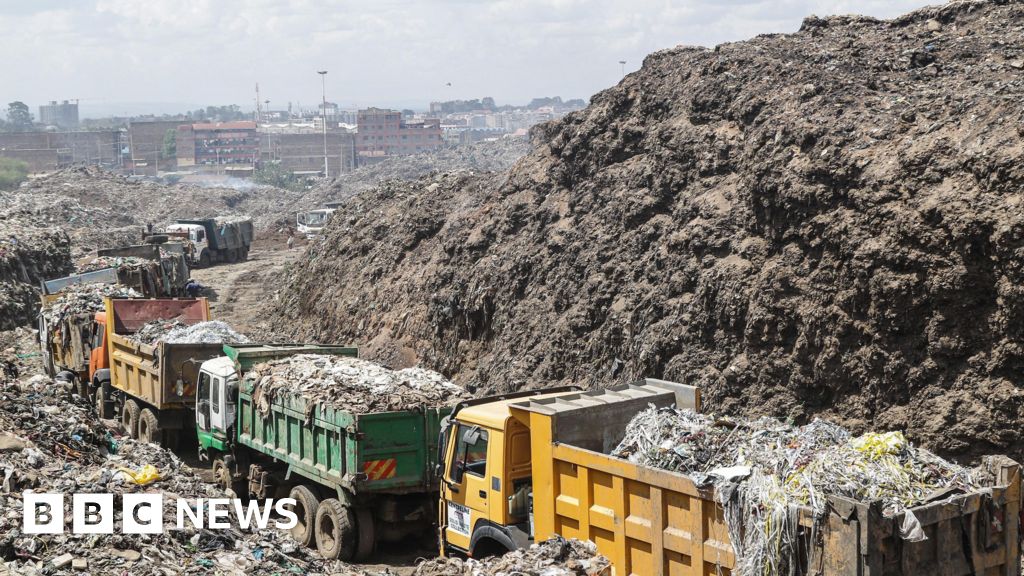In the face of growing global pressures, a new report from Securing Antarctica’s Environmental Future (SAEF), including University of Adelaide researchers, highlights the opportunity to strengthen and future-proof Antarctic governance by responding to emerging conservation threats with coordinated, proactive measures.
With input from 131 experts in more than 40 countries, with backgrounds across science, policy and conservation, the report identified 10 emerging threats that could challenge Antarctic conservation efforts in the coming decade.
Among the threats identified is the likelihood of more extreme precipitation events, including snowfall and rainfall, a potential reduction in cooperation among the Antarctic Treaty Parties, and the potential militarization of the region.
There are also speculative, but still concerning, possibilities, such as iceberg harvesting and agricultural expansion.
A particularly notable finding is the emergence of global disruptions as a distinct threat category—encompassing events like pandemics and geopolitical conflicts between Treaty Parties, which can undermine scientific collaboration, environmental monitoring, and diplomatic engagement.
“We find that persistent environmental and geopolitical pressures continue to shape the region’s conservation challenges,” said SAEF Research Fellow Dr. Zachary Carter, from the University of Adelaide and QUT, who led the research.
“But we also identify a suite of new threats that reflect broader global social and environmental developments. Our findings highlight how increasingly interconnected global systems are exerting influence on the region.”
Published in Nature Ecology and Evolution, the report replaces a landmark horizon scan of Antarctic conservation issues first published in 2012, offering a timely reassessment more than a decade later.
A key issue identified is the growing difficulty the Antarctic Treaty System faces in responding to emerging threats, particularly those driven by global environmental and geopolitical change.
“Our findings highlight a structural vulnerability in the governance regime responsible for conservation across the Antarctic region,” said Dr. Carter.
“This is particularly concerning given that many of the most serious emerging threats originate outside the region and fall beyond the system’s current jurisdiction.”
Dr. Carter warned that the Treaty System’s capacity must be strengthened to address external pressures, or Antarctica’s management risks becoming increasingly reactive, dealing with crises only after they emerge rather than working to prevent them.
“We must remember, Antarctica is not just a remote wilderness; it plays a pivotal role in Earth’s climate system, ocean circulation, and global biodiversity,” he said.
“By leveraging the Treaty’s existing provisions for international cooperation, there’s real potential to strengthen the system and ensure Antarctica remains protected in the face of emerging global challenges.
“This is an opportunity to rethink how we strengthen protection of one of the world’s most globally significant environments before the consequences become irreversible. Because in the end, what happens in Antarctica doesn’t stay in Antarctica.”
More information:
Emerging threats to Antarctic conservation, Nature Ecology and Evolution (2025). DOI: 10.1038/s41559-025-02814-4
Provided by
University of Adelaide
Citation:
Antarctica’s changing landscape underscores the need for coordinated action, says report (2025, August 15)
retrieved 15 August 2025
from https://phys.org/news/2025-08-antarctica-landscape-underscores-action.html
This document is subject to copyright. Apart from any fair dealing for the purpose of private study or research, no
part may be reproduced without the written permission. The content is provided for information purposes only.





